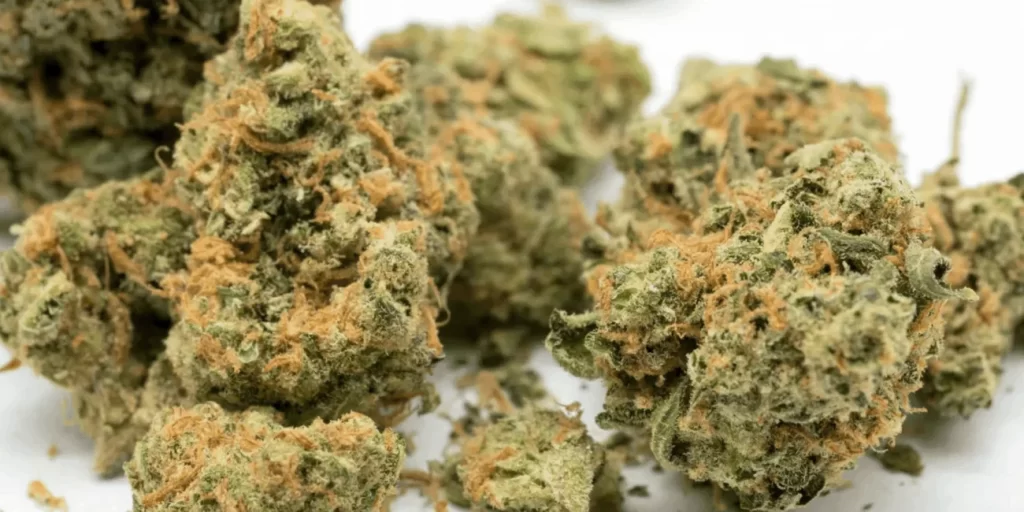The cannabis industry is continuously evolving, driven by advancements in cultivation techniques, a deeper understanding of the plant’s chemical composition, and shifting legal landscapes. One of the most intriguing developments in recent years is the rising popularity of tetrahydrocannabinolic acid THCA flower strains. As the precursor to THC, THCA offers unique benefits that are capturing the interest of both consumers and researchers. The future of THCA flower strains in the cannabis industry looks promising, with potential implications for medical use, recreational enjoyment, and the overall market dynamics.
Medical Potential
THCA is a non-psychoactive cannabinoid found in raw and live cannabis. Unlike THC, it does not produce the high typically associated with cannabis consumption. This characteristic makes THCA particularly appealing for medical use. Preliminary studies suggest that THCA has anti-inflammatory, neuroprotective, and anti-emetic properties. These properties could make it beneficial for treating conditions such as arthritis, neurodegenerative diseases, and nausea without the psychoactive effects that some patients might want to avoid. As research progresses, more comprehensive clinical trials are likely to be conducted, potentially leading to a broader acceptance of THCA in medical treatments. This could drive the development of new THCA-rich strains specifically tailored for therapeutic purposes, expanding the options available to patients and healthcare providers.

Recreational Appeal
While THCA itself is non-psychoactive, it can be converted into THC through a process called decarboxylation, which occurs when cannabis is exposed to heat. This means that consumers can choose to enjoy THCA flower in its raw form for its unique effects or convert it to THC for a more traditional psychoactive experience. This duality adds versatility to THCA flower strains, making them attractive to a wider audience. For recreational users, THCA flower can offer a more controlled and customizable experience. Some might prefer consuming raw THCA to benefit from its purported health benefits, while others might appreciate the option to decarboxylate it for recreational use. This flexibility could lead to increased demand for THCA flower strains, encouraging breeders to develop new and innovative varieties.
Market Dynamics
The increasing interest in THCA flower strains is likely to influence the broader cannabis market. As consumers become more educated about the different cannabinoids and their effects, demand for specific strains tailored to individual preferences and needs will grow. This could drive significant changes in cultivation practices, with growers focusing more on optimizing THCA content and preserving the cannabinoid during the harvesting and processing stages. Moreover, the legal landscape surrounding cannabis is continually changing. In regions where cannabis remains illegal or is strictly regulated, THCA products might offer a legal alternative, as high thca flower itself is not psychoactive until it is decarboxylated. This could open up new markets and opportunities for businesses operating within restrictive legal frameworks.

